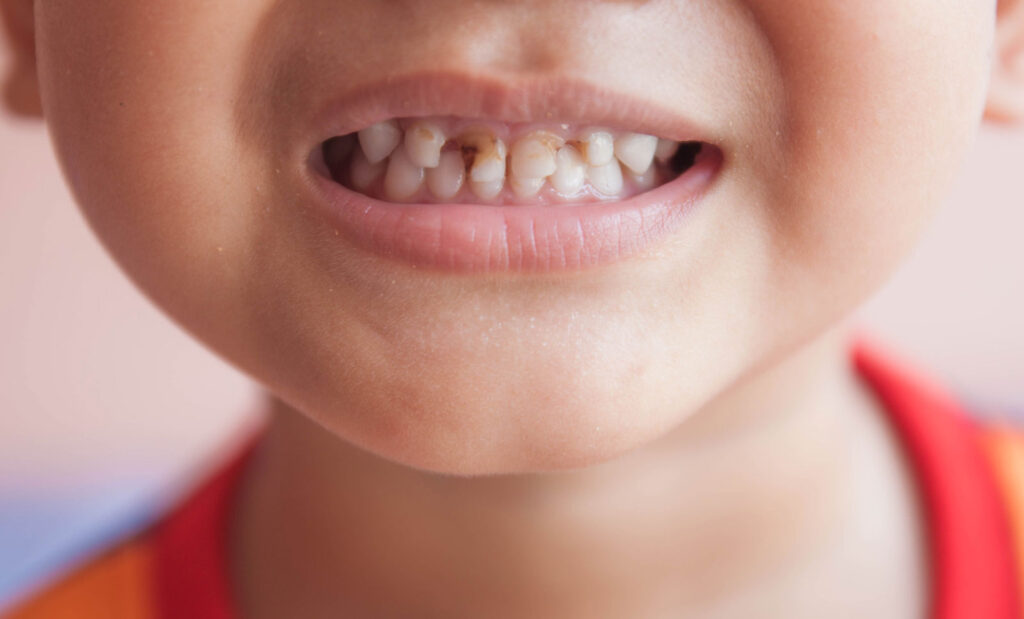A study developed by a team from the Institute of Pediatric Dentistry and Preventive Dentistry of the Faculty of Medicine of the University of Coimbra (FMUC), in collaboration with CICECO-Institute of Materials of Aveiro, associated laboratory of the University of Aveiro (UA), brings news perspectives for the early diagnosis of dental caries in children, the most prevalent disease in this age group worldwide.
The work, entitled “Salivary metabolomic profiles in dental caries in pediatric age”, focused on identifying a “salivary signature” with the aim of early detection of children at high risk for dental caries, through a simple and non-invasive approach.
Dental caries in pediatric age «represents a serious public health problem, since it is the most prevalent disease worldwide in this age group, with a considerable impact on the quality of life of children and their families. However, to date, a consistent risk predictor that allows early signaling of children at high risk for the disease has not been identified. Salivary metabolomics, a tool that allows the characterization of many metabolites simultaneously in saliva samples, has already enabled the identification of specific metabolomic markers of several diseases, such as diabetes and oral cancer; however, the application of this innovative approach in the context of pediatric oral health research remains little explored», explain the study authors, Joana Leonor Pereira and Ana Luísa Costa, from FMUC, and Ana Maria Gil, from UA.
In this study, samples of children's saliva were analyzed by means of proton nuclear magnetic resonance (NMR) spectroscopy, which allowed «to carry out the most complete characterization of the salivary metabolome of children ever carried out, to the best of our knowledge. At the same time, it was possible to establish, also for the first time, an appropriate protocol for salivary collection for this type of studies, and a metabolic signature of caries was also observed in children, consisting of 21 metabolites, never reported before», they clarify.
The researchers intend to confirm and validate this promising salivary signature in future large-scale studies, so that it can come to function as a caries biomarker, allowing the early diagnosis of dental caries in children.
This work was recently awarded 1st Prize in the “Research Poster” category at the 29th Congress of the Portuguese Dental Association, the largest and most important congress in the field of dentistry in Portugal.

Author: Cristina Pinto – Press Office – Science Communication – University of Coimbra
Science in the Regional Press – Ciência Viva



















Comments